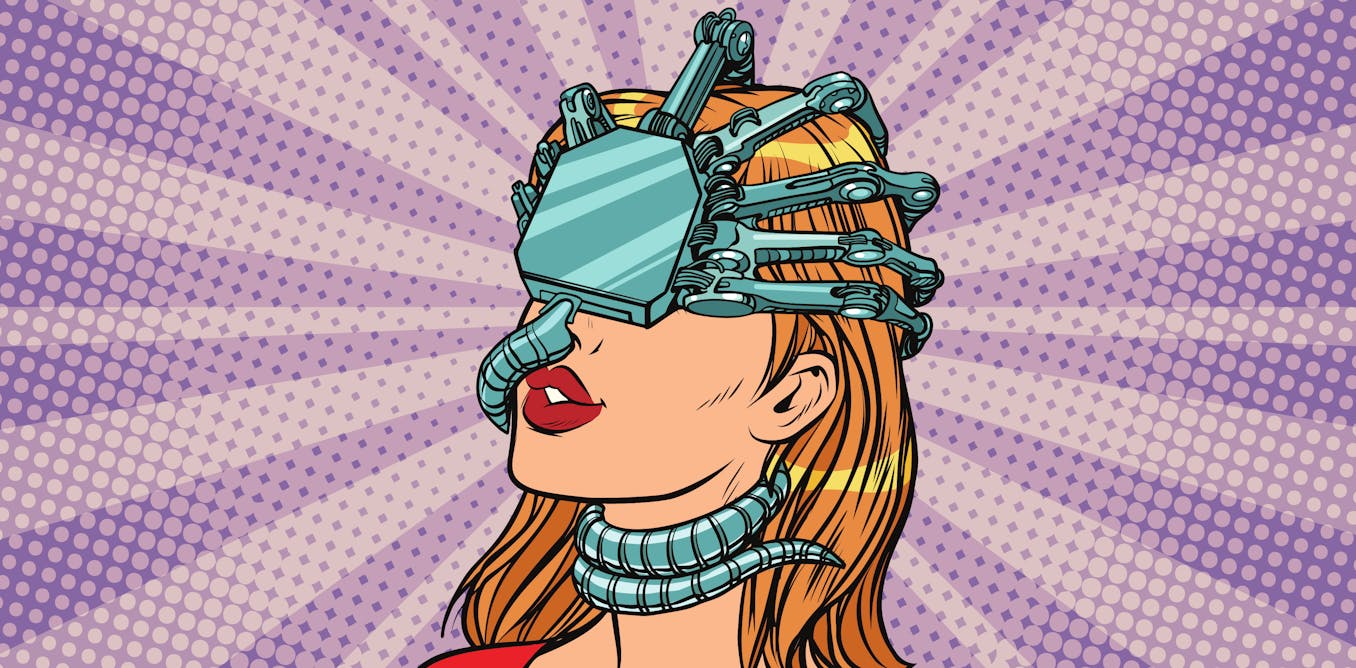- cross-posted to:
- technology@beehaw.org
- cross-posted to:
- technology@beehaw.org
Once upon a time, newly minted graduates dreamt of creating online social media that would bring people closer together.
That dream is now all but a distant memory. In 2024, there aren’t many ills social networks don’t stand accused of: the platforms are singled out for spreading “fake news”, for serving as Russian and Chinese vehicles to destabilise democracies, as well as for capturing our attention and selling it to shadowy merchants through micro targeting. The popular success of documentaries and essays on the allegedly huge social costs of social media illustrates this.
-
Studies suggest that if individuals regularly clash over political issues online, this is partly due to psychological and socioeconomic factors independent of digital platforms.
-
In economically unequal and less democratic countries, individuals are most often victims of online hostility on social media (e.g., insults, threats, harassment, etc.). A phenomenon which seems to derive from frustrations generated by more repressive social environments and political regimes.
-
individuals who indulge most in online hostility are also those who are higher in status-driven risk taking. This personality trait corresponds to an orientation towards dominance, i.e., a propensity to seek to submit others to one’s will, for instance through intimidation. According to our cross-cultural data, individuals with this type of dominant personality are more numerous in unequal and non-democratic countries.
-
Similarly, independent analyses show that dominance is a key element in the psychology of political conflict, as it also predicts more sharing of “fake news” mocking or insulting political opponents, and more attraction to offline political conflict, in particular.
-
n summary, online political hostility appears to be largely the product of the interplay between particular personalities and social contexts repressing individual aspirations. It is the frustrations associated with social inequality that have made these people more aggressive, activating tendencies to see the world in terms of “us” vs “them”.
-
On a policy level, if we are to bring about a more harmonious Internet (and civil society), we will likely have to tackle wealth inequality and make our political institutions more democratic.
-
Recent analyses also remind us that social networks operate less as a mirror than as a distorting prism for the diversity of opinions in society. Outraged and potentially insulting political posts are generally written by people who are more committed to express themselves and more radical than the average person, whether it’s to signal their commitments, express anger, or mobilise others to join political causes.
-
Even when they represent a relatively small proportion of the written output on the networks, moralistic and hostile posts tend to be promoted by algorithms programmed to push forward content capable of attracting attention and triggering responses, of which divisive political messages are an important part.
-
On the other hand, the majority of users, who are more moderate and less dogmatic, are more reluctant to get involved in political discussions that rarely reward good faith in argumentation and often escalate into outbursts of hatred.
-
Social media use seems to contribute to increasing political hostility and polarisation through at least one mechanism: exposure to caricatural versions of the political convictions of one’s rivals.
-
The way in which most people express their political convictions – both on social media and at the coffee machine – is rather lacking in nuance and tactfulness. It tends to reduce opposing positions to demonised caricatures, and is less concerned with persuading the other side than with signaling devotion to particular groups or causes, galvanising people who already agree with you, and maintaining connections with like-minded friends.



We also do it to ourselves. Everyone has someone in their life they’d rather mute. But they’re forced to coexist with them. Online is so appealing because you can find communities of like minded individuals. Then forget all about those other opinions you don’t like.
You grow in this bubble as they grow in theirs. By the next time you’re forced to interact, you feel so alien and unpleasant to one another it’s confusing and frightening. Corporations are right there to sell you on a story about how the other side are demons destroying the world. We gobble it up.
Groups with just things we agree with wouldn’t explain it. What happens is we go into groups of people we agree with and then post memes about the other side that everyone agrees with. We get a caricature of the opposition that is reinforced.
As evidence, just look how much news about Trump gets posted to liberal places. If you don’t want to hear about him that’s the last place you should go.
It’s still ideas the group agrees with. The idea is: that we all disagree with this idea. It’s subtle, until you look at the same story on CNN vs Fox. Two bubbles discussing the same issue with two VERY different emotional valences.
To put it another way: the discussion of these ideas that are oppositional to the community, is not with the intention of seriously considering them. It’s with the intention of dismissing them in a group act of catharsis. It maintains the bubble and safely dispatches an idea that threatened to burst it.